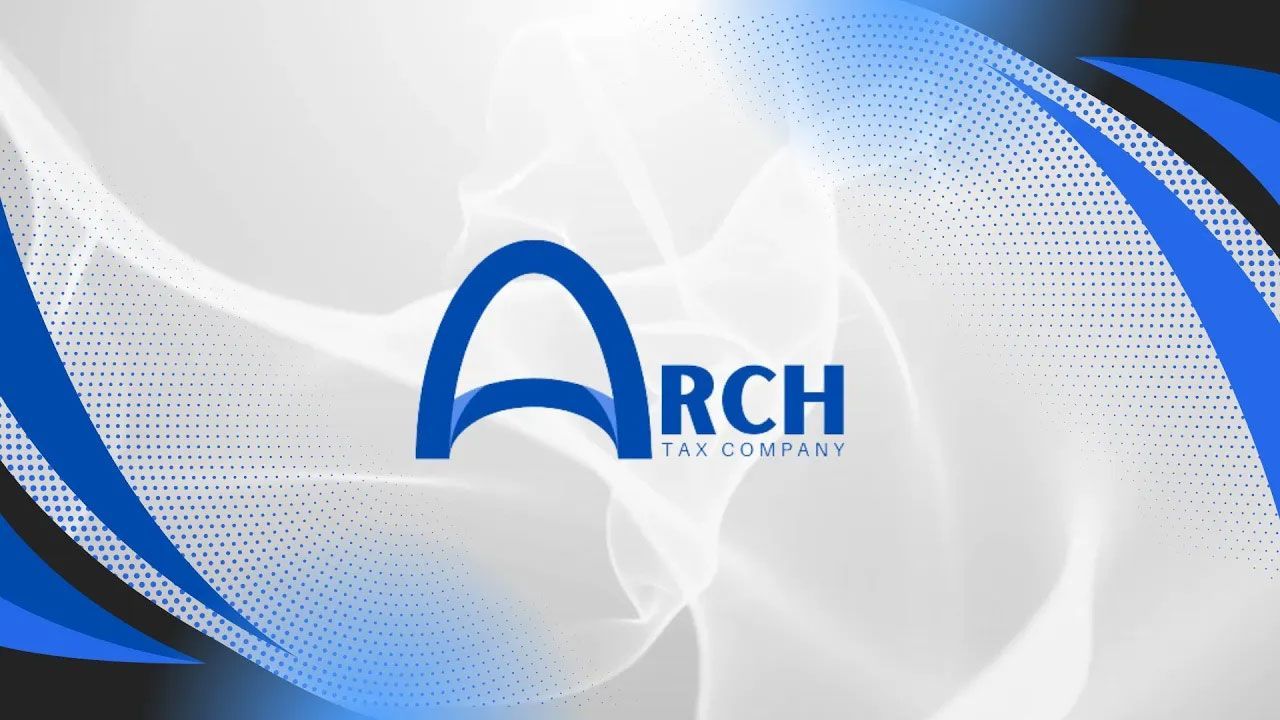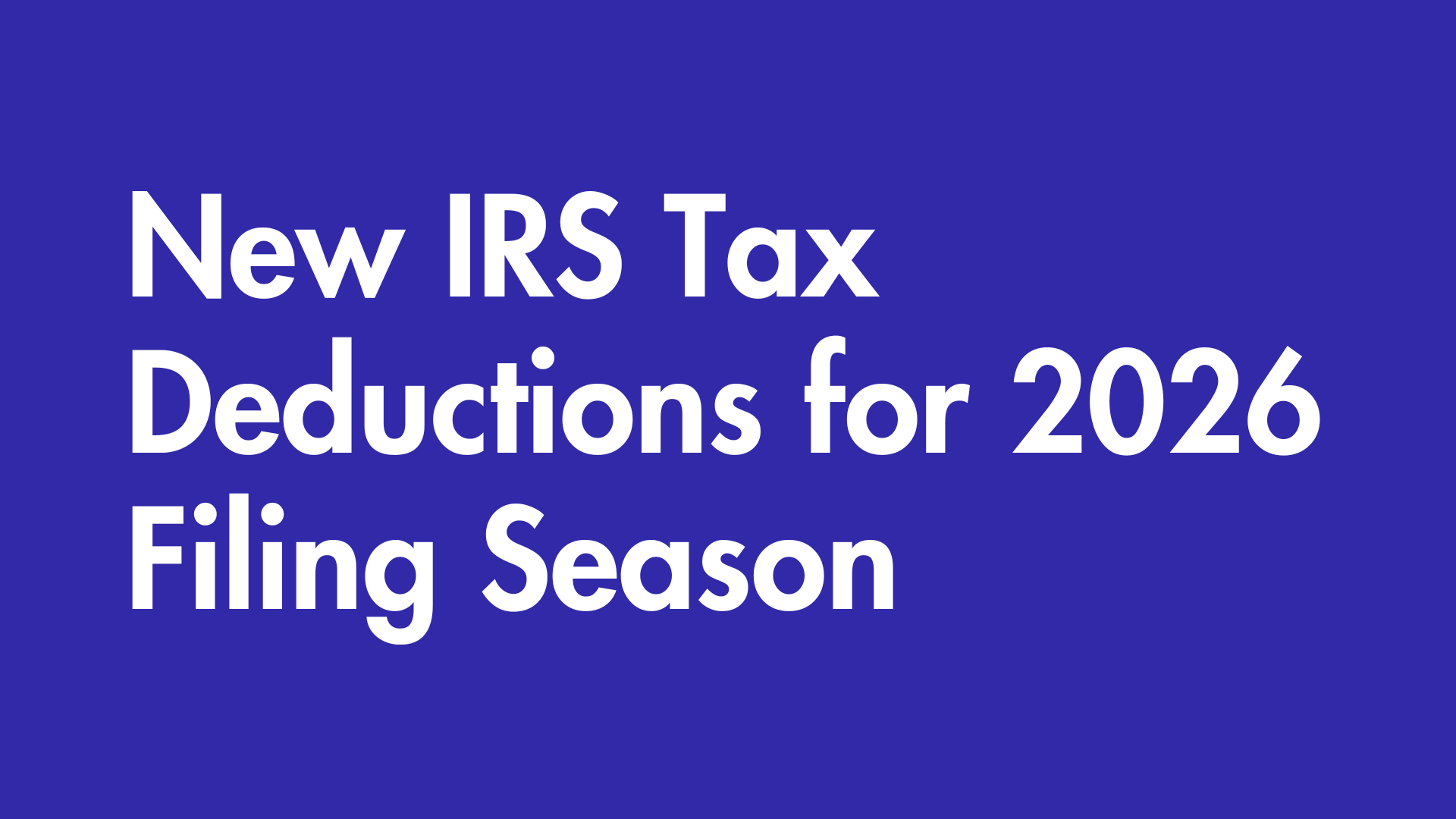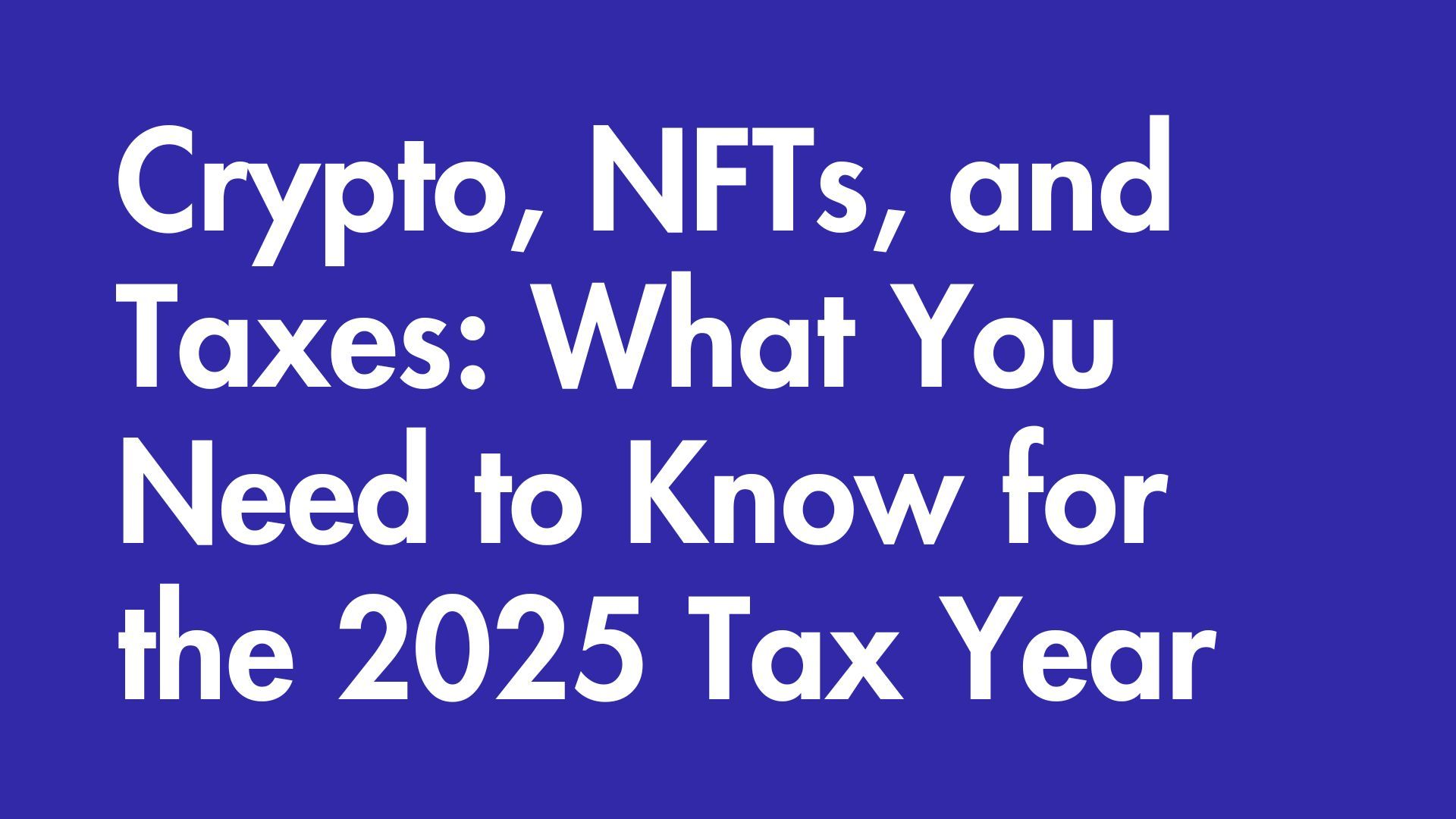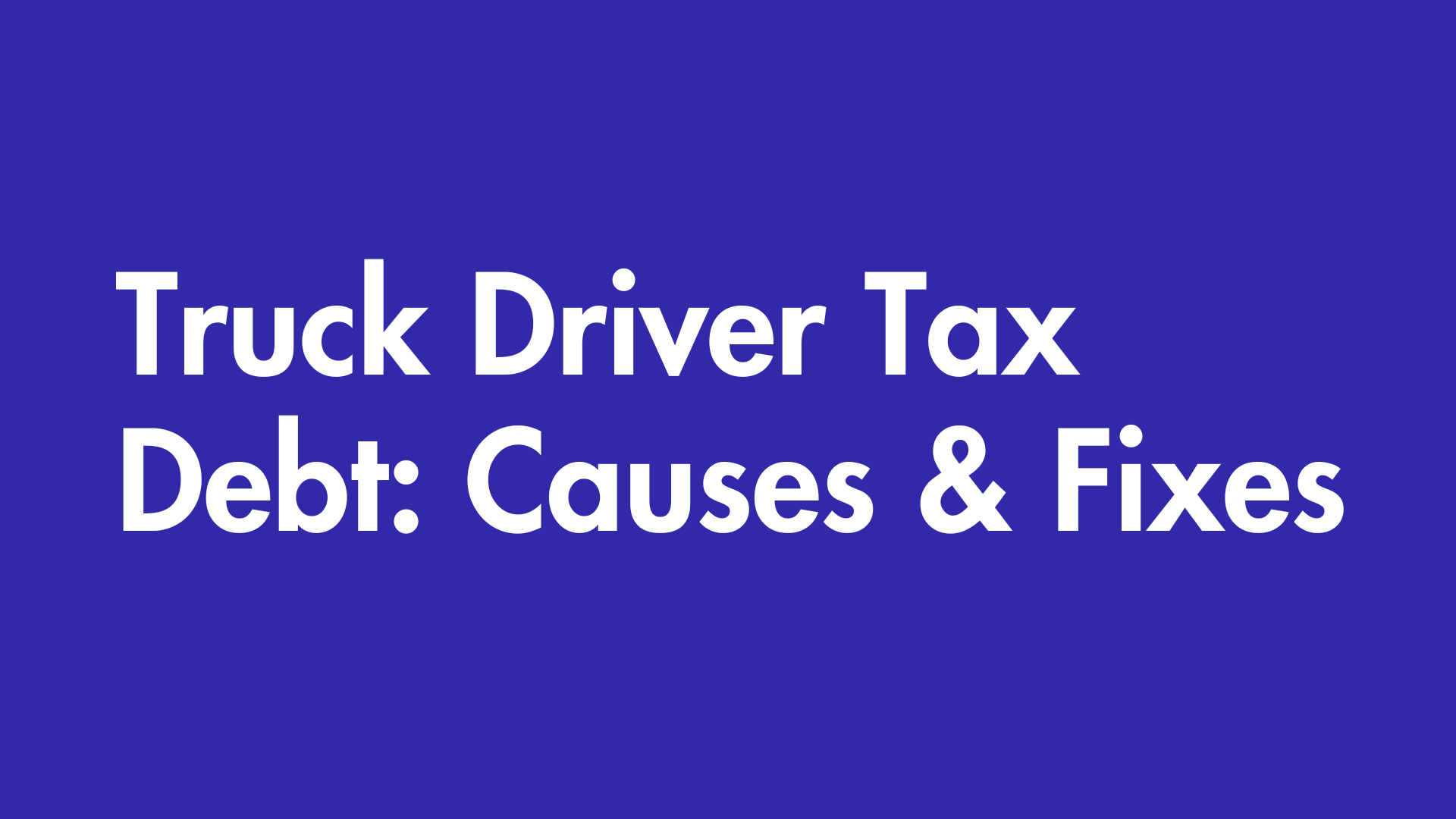Escape Your Ex’s IRS Debt
If you’ve ever opened an IRS notice only to find yourself responsible for a tax bill caused by your spouse (or ex-spouse), you know how unfair it feels. The good news? The IRS has a program called Innocent Spouse Relief that may wipe those debts off your plate.
What Is Innocent Spouse Relief?
Innocent Spouse Relief is an IRS program designed to protect people who unknowingly signed a joint tax return that contained errors made by their spouse. If approved, you can be freed from paying the tax, penalties, and interest tied to your spouse’s mistakes.
Do You Qualify?
You might qualify if:
- You filed a joint tax return.
- Your spouse incorrectly reported (or failed to report) income.
- You can show you didn’t know—and had no reason to know—about the errors when you signed.
If the IRS agrees it’s unfair to hold you liable, you could be off the hook.
Three Types of Relief
The IRS offers three different ways to claim relief:
- Innocent Spouse Relief – You’re fully released from liability if your spouse made errors you didn’t know about.
- Relief by Separation of Liability – The IRS splits the tax bill between you and your spouse/ex-spouse.
- Equitable Relief – A fallback option if you don’t qualify for the first two but can show it would be unfair to make you pay (often involving hardship or spousal abuse).
How to Apply
To request Innocent Spouse Relief, you’ll file IRS Form 8857. You can also include a letter with extra details you want the IRS to consider. Timing matters—apply as soon as you learn about the tax debt.
Why Act Quickly
The IRS won’t wait. Once you receive a notice about a joint tax issue, the clock starts ticking. Filing Form 8857 early gives you the best chance of avoiding unnecessary collections.
Take the Next Step
You don’t have to carry your spouse’s tax mistakes forever. If you qualify for Innocent Spouse Relief, you could finally breathe easier knowing the IRS debt is no longer yours.
At Arch Tax, we’ve helped countless clients file Form 8857, gather the right evidence, and present a strong case to the IRS. If you have questions—or you’re ready to see if you qualify—contact Arch Tax today.








